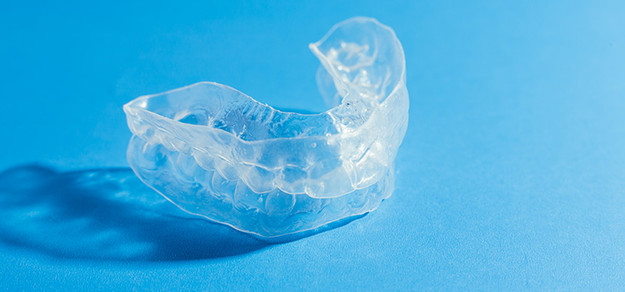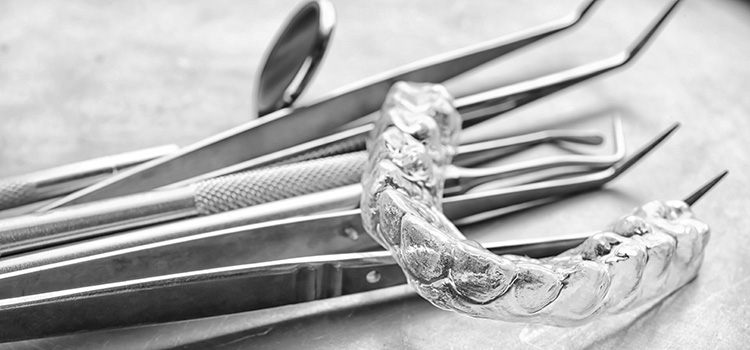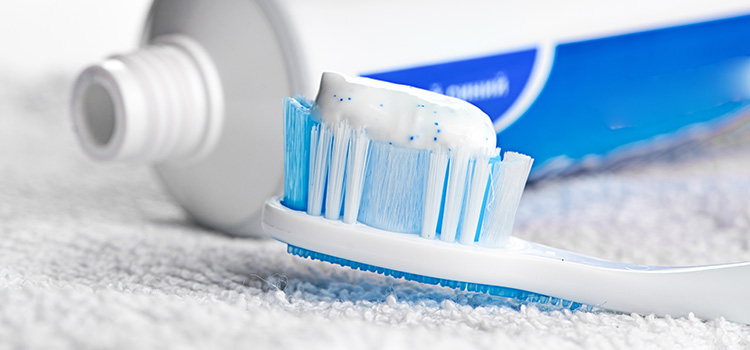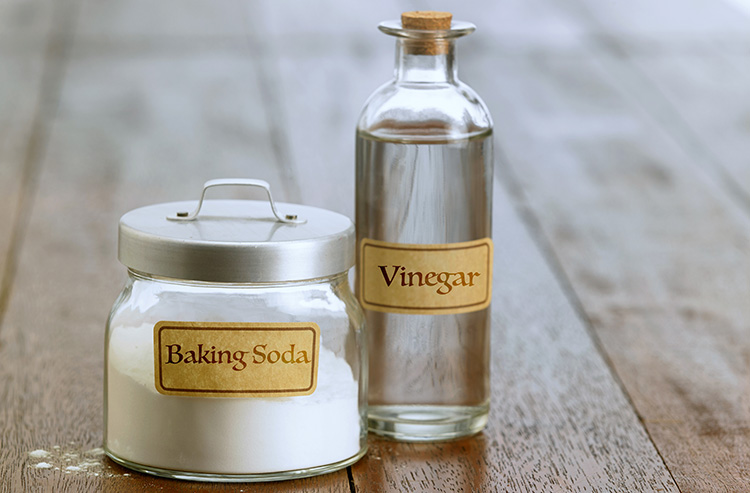How to Clean Your Night Guard
16th Feb 2020

Just as you brush your teeth every morning and night, your night guard for teeth grinding and clenching needs to be cleaned daily as well. The same bacteria in your mouth will be transferred onto your night guard after wearing it all night. That is why, it is very important to learn how to clean your night guard properly.
If your guard is not cleaned daily, the following can occur:
- Bacteria buildup
- Bad taste and/or odors
- Mold and mildew
- Plaque buildup
- The guard becomes discolored or stained
- Reduced lifespan for your guard
Proper care for your night guard is important and fortunately, you don’t need to do anything fancy to keep your night guard clean. Some daily maintenance along with weekly deep cleanings will keep your night guard in top shape so it protects your teeth for as long as possible.

When and How to Clean Your Night Guard
The best time to clean your night guard is every day, first thing in the morning when you take it off. If you wait until later in the day or before bedtime to clean your night guard, you place it at higher risk for bacterial growth. It also becomes more difficult to clean as the residue left on your night guard hardens as it sits out and dries.
Brush Your Night Guard Daily
For a quick and convenient daily clean, simply brush your night guard thoroughly with a toothbrush and toothpaste. Be sure to brush all sides and angles, not just the portion that comes in contact with your teeth. You can choose to use your regular toothbrush, or you can have a separate toothbrush just for your night guard, whichever you prefer. Be gentle when cleaning your night guard so you don’t scratch or damage it.
Store Your Night Guard dry
After you’re done brushing it, let it dry completely before storing the clean night guard in its case in a cool, dry place. If you’re in a rush in the morning, quickly rinsing your night guard with warm water or cool water is better than nothing, but do your best to come back and brush it when you have time.
A simple routine that I follow with my night guard is as follows: in the morning, I brush my night guard before I brush my teeth. Then, I put it on a paper tissue and let it sit on the side of the sink to dry. When I’m finished getting ready for the day, I dry it completely with the paper tissue before putting it in its case.

Deep Clean Once per Week
For a deeper clean once per week, you can clean your night guard with denture cleaner, and you can also buy mouthguard cleaners. Follow the instructions carefully since usage varied by brand. Set a timer and do not over-soak your night guard. Avoid using mouthwash that contains alcohol to clean your night guard as this can damage and reduce the lifespan of your night guard.
In addition to cleaning your night guard regularly, you’ll want to regularly clean your night guard case as well. Thoroughly cleaning your night guard only to place it in a dirty case kind of defeats the purpose. When you complete your deep cleaning of your night guard every week, make it a habit to also clean your case. You can simply wash your case with dish soap then thoroughly rinse it off. It is safe to wash your night guard with mild dish soap and water as well.
When you visit your dentist every six months, bring your night guard along; your dentist may be able to give your night guard a deep clean and he or she can also check for signs of wear.
Related Articles:
- How Long Does a Night Guard Last?
- Black Mold On Night Guards
- How to Remove Calcium Buildup on Night Guard?
Additional Methods to Clean Your Night Guard
If you don’t want to use denture or mouthguard cleaners, you can also give your night guard a deep clean with products you already have around your home. Try doing a soak using white vinegar, baking soda, and/or hydrogen peroxide.
Cleaning your night guard this way is a multi-step process, but it’s still simple. First, soak your night guard in white vinegar for 30 minutes. Then, rinse your night guard and soak it in hydrogen peroxide for 30 minutes. Don’t leave your night guard in either soak for too long because extended soaking in any cleaning liquid can damage the material of your night guard.
If you’re finding that your night guard is starting to smell or turn colors, baking soda can be particularly effective. You can soak in your guard in a water and baking soda solution for 30 minutes. Alternatively, make a paste with baking soda and water, and gently brush the paste onto your night guard with a soft toothbrush. Then, thoroughly rinse your night guard and allow it to dry.
Related Articles:
- How to Stop Teeth Clenching
- Can COVID Cause Ear And Jaw Pain?
- How To Remove Yellow Stains From Night Guards
- Oral Thrush From Night Guards

Where to Store Your Night Guard
Storing your night guard correctly will extend its life and keep it from harboring bacteria. It’s very important to let your mouth guard completely air dry before you put it in its case each day. Once it’s dry, place it in its case and be sure the case is ventilated to allow for air flow.
While it’s convenient to store your night guard in the bathroom, this isn’t the best option. Bathrooms tend to be warm and moist, but you want your mouth guard to stay in a cool, dry place.
A better storage place would be your nightstand, dresser, or a closet. If you have a cool, dry place to store your medicine, that would be a great night guard storage spot as well. If you have a dog, take special care to store it out of his or her reach; dogs are drawn to the smell of saliva and food on night guards, and it’s not uncommon for dogs to chew night guards.
What not to do With Your Night Guard
It might seem convenient to throw your night guard in the dishwasher--after all, it’s safe to wash it with mild dish soap--but the dishwasher can be very damaging. The high heat of the dishwasher can warp and ruin your night guard. Similarly, do not put your guard in boiling hot water, as this will damage or warp your guard as well.
Bleach is also not recommended. It might seem like a good way to disinfect and clean your night guard, but bleach can actually damage your night guard. It can also be dangerous if you don’t rinse all of the bleach off, so stay on the safe side and avoid bleach.
Another common cleaning practice to avoid is soaking your night guard in mouthwash that contains alcohol; alcohol can also damage your night guard.
Related Articles:
When to Replace Your Night Guard
Despite your best cleaning and care efforts, your night guard will eventually wear out. Especially heavy grinders may find themselves needing to replace their night guard more often. Thankfully, the toll of heavy grinding is being placed on your night guard and not your teeth.
When you clean your night guard, keep an eye out for any cracks, damage, or uneven wear. Replace your night guard at the first sign of damage to avoid damage to your teeth or jaw. The last thing you want is for your bruxism to get worse, so inspecting and replacing your night guard when necessary is essential.
You can save on a professional quality, custom night guard by ordering online from Pro Teeth Guard. We use the same materials and process as a night guard you get from the dentist. All our guards come with a warranty period (1 year for all night guards and 6 months for the ultra thin day guard). Find out more about how it works here.
Sources:

- Most Popular
- Hard Outside, Soft Inside
- 2MM Thick
- Moderate / Heavy

- Most Durable
- Hard Materials
- 1.5MM Thick
- Heavy / Severe

- For Day Time Use
- Thin, Barely Visible
- 1MM Thick
- Light / Moderate

- For Clenching
- Flexible & Soft
- 1.5MM Thick
- Light / Moderate

